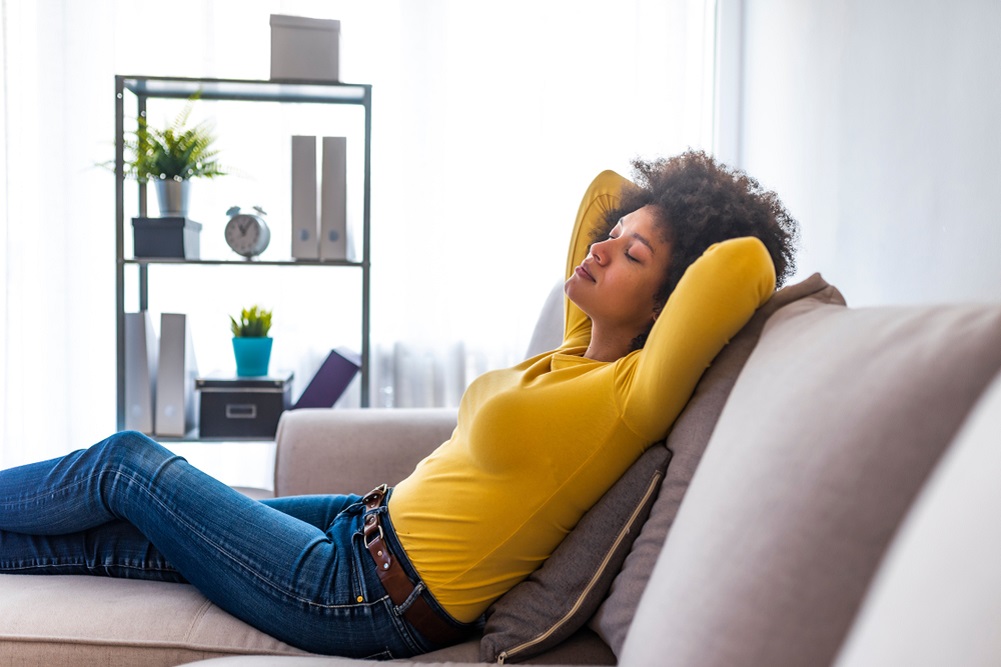Do Dental Cleanings Are Essential?

Table of Contents
What is Dental Cleaning?
Dental Cleanings: A dental cleaning, or prophylaxis, is a procedure that removes plaque and tartar from teeth. This helps to prevent cavities and gum disease. Dental cleanings usually involve using an antimicrobial mouthwash and polishing the surface of teeth with hand instruments and a hand device called an ultrasonic scaler. The dentist can also use a drill to remove stains from the tooth enamel after treatment is complete.
Is it necessary?
1. Brushing and flossing are not enough to keep your teeth healthy.
2. Dental cleanings remove plaque, bacteria, and tartar buildup on teeth.
- Dental cleanings can prevent tooth decay and gum disease.
- Regular dental checkups are important for children as well as adults.
- Dentists recommend getting a dental cleaning every six months or so to maintain good oral health.
- The first thing you should do after brushing your teeth is to rinse with water; this removes any food particles that may be stuck in between the gaps of your teeth.
- The second thing you should do is floss to remove any food particles that a toothbrush may have missed.
Dental Cleaning in Home
Dental cleaning in the home is a method that involves the use of a toothbrush and toothpaste to clean teeth. The process can be done either before or after breakfast, depending on the preference of the individual.
- Rinse your teeth using a fluoride-free mouthwash.
- Brush your teeth using a pea-sized amount of toothpaste.
- Start from the outside of your teeth and brush down to the inside of your cheeks.
- Brush each section for at least one minute.
- Rinse your mouth with water and gargle with salt water so it can get back to its normal pH level.
When Should I visit Dentist for cleaning
The American Dental Association recommends visiting the dentist every six months for a dental cleaning. This should be done as a preventative measure to avoid tooth decay and gum disease. You should also visit the dentist if you’ve been having any pain or discomfort. The next time you’re at your dentist, ask them how long it should be between visits for dental cleanings.
Side Effects of Dental Cleaning
Dental cleanings can cause irritation and lead to tooth decay and gum disease. The wetting and drying of the tooth surface during this procedure can also cause abrasion on the tooth’s enamel, leading to sensitivity or pain.
Is it Painful
Agitate:
Dentists recommend getting a dental cleaning every six months or so to maintain good oral health, but the process is not always painless.
Solution:
We’ve found that using an electric toothbrush can make the process much more pleasant and less painful. The bristles of an electric toothbrush are softer than those on a manual toothbrush, making it easier for you to brush your teeth without feeling like they’re being scrubbed with sandpaper. Electric toothbrushes also vibrate at high speeds which helps remove plaque from hard-to-reach places in your mouth, while massaging your gums and stimulating blood flow in your teeth and gums – all things that help.
After a dental cleaning, certain foods can cause toothache and some people experience bleeding of the gums.
What to eat after a dental cleaning:
- Avoid chewing on hard or crunchy food.
- Rinse your mouth with water after eating so any particles from the surface of your teeth don’t have time to get ground up in between your teeth.
- Don’t brush too hard if you have sensitive gums or an inflamed nerve near where you’ve had work done – this will just aggravate them more. Try using light pressure with softer bristles.
- Eat soft ice cream instead of regular frozen treats, which contain more sugar and less milk powder (and are thus tougher on teeth).
5 . Avoid foods that are high in acid, including citrus fruits.
- Minimize your consumption of sugary drinks.
- Eat yogurt to help balance the pH levels in your mouth after a dental cleaning.
- Stick with smoothies instead of fruit juice since they contain less sugar and are easier on teeth due to their liquid form.
Do teeth cleanings whiten teeth?
Yes, teeth cleanings will make your teeth whiter. This happens by removing surface dental plaque (which can cause tooth decay), which leaves your teeth looking clear and bright. Additionally, during dental cleanings, the dentist will likely apply a preservative coating to your teeth that helps prevent tooth decay.



